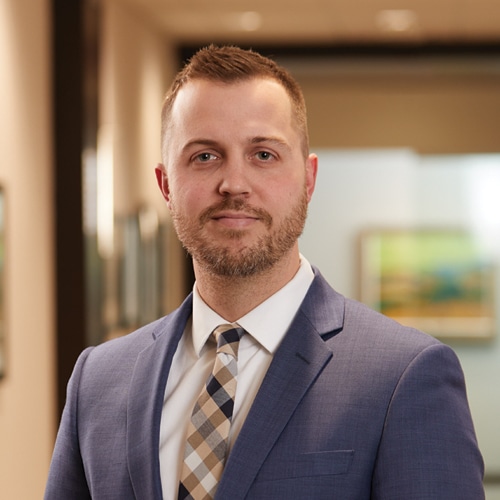As part of the new no-fault laws that went into effect in 2019, Michigan enacted utilization review. In short, utilization review is a process whereby the insurance company can evaluate, and challenge, the appropriateness of the treatment (therapy, attendant care, supplies, etc.) provided to the accident victim and thereby trigger an administrative process for the potential resolution of the issue (“UR”). The goal was to provide a more efficient process to resolve disputes over treatment provided under the No-Fault Act. Whether or not that goal is being accomplished is debatable.
First, many recent appellate court decisions make clear that UR is not an exclusive remedy. The controlling case on this issue is True Care Physical Therapy, PLLC v Auto Club Group Ins Co.[1] In that case, the plaintiff physical-therapy facility provided services to the injured insured over a nearly two-year period. The defendant no-fault insurer stopped paying for the treatments after it conducted a UR, which claimed that the therapy services exceeded medical guidelines. While the new no-fault statute regarding UR states that the provider “may appeal” that determination to the Department of Insurance and Financial Services (DIFS), the therapy provider instead chose to file a lawsuit. The insurer argued that the therapy provider was required to file an appeal and “exhaust its administrative remedy,” but the Court of Appeals disagreed, noting that the statute says an appeal to DIFS “may” be filed, making such an appeal permissive and not mandatory, and further noting the amendment to MCL 500.3112 that allows a provider to file a direct claim against a no-fault insurer.
Knowing that the UR process is not exclusive, an appeal to DIFS is not mandatory, and that the provider is still free to file a lawsuit if necessary, is helpful. Going through the UR process may give both the provider and insurer an ability to better understand the issues and share information in the hopes of reaching an efficient resolution. In our experience, however, the UR process rarely results in an agreed-upon resolution and only delays payment. To that point, a medical provider involved in the UR process must pay attention to the legal time limits within which it must file a lawsuit (commonly known as the “one-year-back rule”). While the UR process is supposed to move more quickly, it often takes longer than expected, resulting in precious time ticking away within which to pursue legal action.
In addition, in our experience, the doctors or medical professionals conducting the UR on behalf of the insurance company are often out-of-state providers who lack an understanding of Michigan’s no-fault laws or providers who do not understand the true extent of the accident victim’s injuries and issues. The overall impact (both physically and mentally) to an accident victim suffering a spinal cord injury, traumatic brain injury, or other catastrophic injury, cannot be measured by referencing general “guidelines” for treatment. For example, while someone with a broken leg may typically only require a limited number of therapy visits in order to recover, someone suffering a catastrophic injury often needs lifetime treatments for their care, recovery, or rehabilitation due to the overall, interrelated issues they experience from their injuries. These realities are often missed by the UR reviewer, who is only reviewing limited records and does not understand the true nature of the accident victim’s issues.
Bottom line: the UR process can be helpful for sharing information and better understanding the issues, but does not often lead to reasonable reimbursement for necessary services. Providers are wise to pay attention to the one-year time period within which they must file claims and make sure to timely file those claims if they want proper reimbursement.
While utilization review remains a complex and evolving area of Michigan’s no-fault law, our Personal Injury and No-Fault Litigation teams are here to help providers and accident victims protect their rights and secure the benefits they deserve.
[1] 347 Mich App 168; 14 NW3d 456 (2023). AAA filed an appeal to the Michigan Supreme Court, however, that Court ultimately denied the appeal.
More Publications


